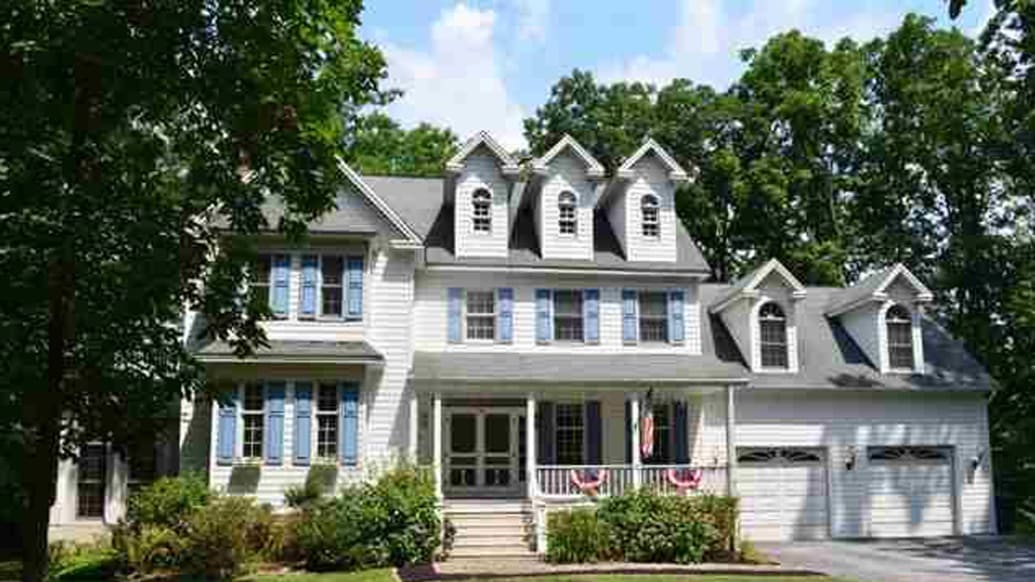Last year, the nonprofit Media Research Center reported revenues of more than $16 million. The conservative group that works to combat what it sees as liberal bias in the media spent the money on all manner of things, from salaries for its 62 full-time employees, to maintaining websites that track alleged anti-conservative media stories, to a youth education program. But there was one expense that didn’t show up on MRC’s annual report: $350,000 for a house, purchased from MRC’s vice president, David Martin.

The sale of the home, a sprawling, six-bedroom detached colonial at 15 Lincoln Cove in East Berlin, Pennsylvania, took place on November 22, 2012, according to Kelly Grammer, an official with Adams County Recorder of Deeds. The sale was reported in the York Daily Record more than a month later. A "real estate loan" in the amount of $350,000 is listed on MRC's 2012 annual report under the category of liabilities and assets, but no further detail is included. The house is now on the market again, listed for $359,000. It can be toured in a YouTube video here.
The MRC is a 501(c)3, which means it’s exempt from federal income tax and has significant restrictions on how it can spend the money it raises and earns through investments. Its spending has to further the mission of the organization, for example, and it can’t donate to political campaigns. It also can’t spend its money to unfairly benefit its executives, according to IRS rules.
Neither the MRC nor Martin has responded to multiple requests for comment, and the group has yet to file its 990 tax forms for 2012, which would provide a more detailed accounting of its finances for the year. But some nonprofit experts and lawyers say MRC’s purchase of a house belonging to one of its executives doesn’t, on the outside, appear to further the organization’s mission of “educating the public and the media on bias in the media.” Martin runs MRC’s day-to-day operations and drew a salary of $259,950 in 2011, the most recent figure available.
If the purchase of his house was “an extra unwarranted payment, which was not part of his compensation, it raises the concerns,” says Jill Horwitz, a professor at UCLA School of Law who teaches nonprofit law and policy. She says it’s not unheard of for a nonprofit to buy a house for investment purposes or as a recruiting tool for a job candidate. Martin’s house, just off a lake in rural Pennsylvania, is more than 100 miles from the group’s headquarters in Alexandria, Virginia.
There is also the question of whether the house was purchased at fair market value, says Rich Schmelbeck, a professor at Duke University School of Law. The sale would be “mildly troubling if I were the IRS,” he says. “It’s not a per se violation, it’s just a question of whether it was overvalued.”
According to a listing on the real estate website Zillow, the house, which had been owned by Martin since at least 2004, had been listed for several years, and the price repeatedly lowered.
The MRC was founded in 1987 by conservative activist Brent Bozell, the nephew of National Review founder William F. Buckley. It has since become a destination for people who share the organization’s concern about the “pro-leftist avalanche of media bias.”
In 2008, after Barack Obama won the presidency, the group came upon hard times, and started to slash staff, according to several former employees, who say pink slips were handed out before the annual year-end bonuses.

